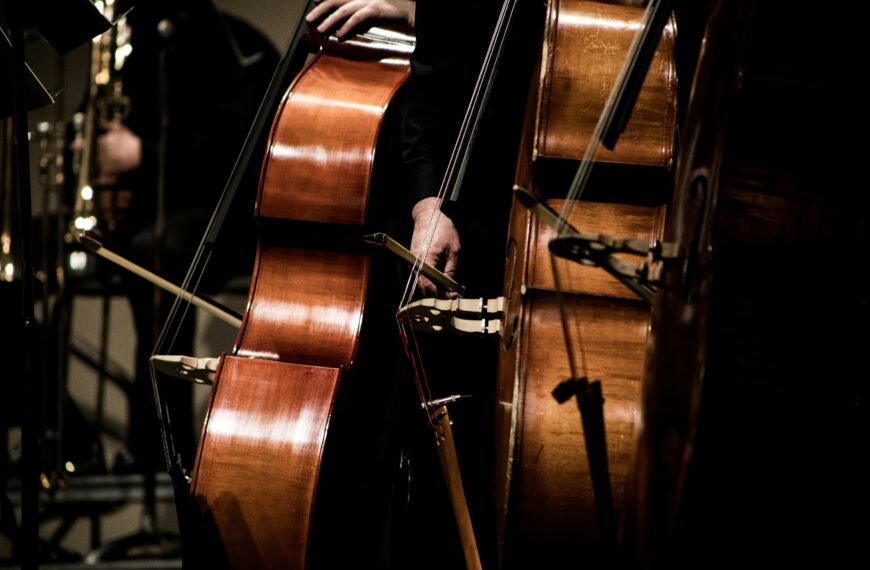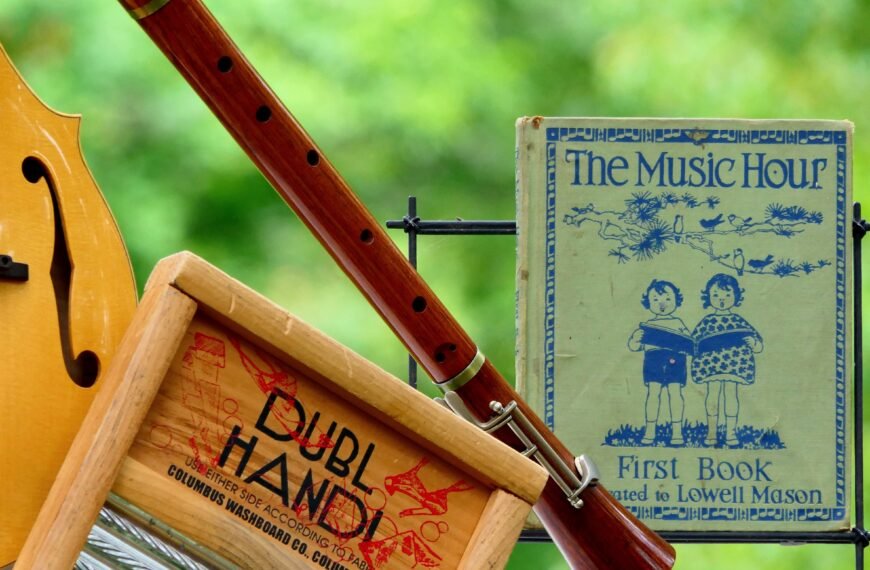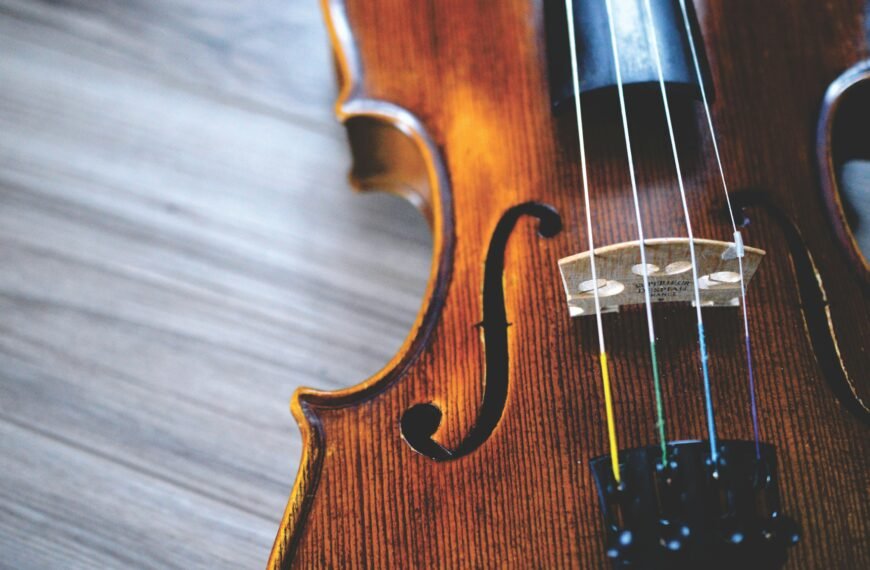The Gateways Music Festival, a gathering of classical musicians of African descent, has provided Black musicians with performing opportunities and a sense of camaraderie for 30 years. Monica Ellis, a bassoonist and founding member of Imani Winds, describes the festival as a feeling of unapologetic Blackness and a homecoming. The festival, now in its 30th year, was established in 1993 by Armenta Hummings Dumisani to increase the visibility of Black artists in classical music. Through performances and programs that highlight the contributions of Black composers, Gateways seeks to inspire and motivate younger generations of musicians. With demand increasing and plans to expand to more cities, the festival continues to grow in its mission to create visibility and community for Black classical musicians.

Overview
This comprehensive article will provide an in-depth look at the Gateways Music Festival, a gathering of classical musicians of African descent. The article will cover the establishment of the festival, its mission and goals, and the increase in demand and offerings over the years. The article will also explore the importance of camaraderie and visibility for Black musicians, with statistics on representation and the impact on younger generations. Additionally, the article will discuss the festival’s impact on participants, including participation and concerts, concerts in New York City, and future plans. Finally, the article will cover leadership changes and the future direction of the festival, including new leaders, future cities and expansion, and an upcoming leadership transition.
Background of the Gateways Music Festival
The Gateways Music Festival was established in 1993 by Armenta Hummings Dumisani, a Juilliard-trained pianist, in Winston-Salem, N.C. The festival was created with the mission to increase the visibility of Black artists in classical music. Dumisani mounted a three-day symposium, “Gateways: Classical Music and the Black Musician,” as the first iteration of the festival. The festival’s establishment was rooted in Dumisani’s personal experience as an aspiring musician from a music-loving family of modest means. Dumisani faced challenges in balancing her artistic goals with raising four young sons, and she wanted to create opportunities for Black musicians at her son’s level to prevent them from experiencing the isolation she faced.
Since 1995, the Gateways Music Festival has been based at the University of Rochester, with the Eastman School of Music hiring Dumisani as an associate professor and community mentor in 1994. The university has provided facilities and funding for the festival, and in 2016, the festival was able to hire Lee Koonce as its first full-time staff member, allowing for outreach and expansion.

The Importance of Camaraderie and Visibility
Camaraderie among Black musicians is a significant aspect of the Gateways Music Festival. The festival provides a sense of community and unapologetic Blackness for participants. This camaraderie is highlighted by the experience of playing with an entire orchestra made up of friends and colleagues from across the country. The feeling of being at home is a unique and powerful aspect of the festival, as described by bassoonist Monica Ellis, a founding member of the quintet Imani Winds.
In addition to fostering camaraderie, the Gateways Music Festival aims to increase visibility for Black musicians. Representation of Black musicians in classical music is low, with only 2.4 percent of orchestra members in the United States being Black. By showcasing the talent and success of Black musicians through the festival, Gateways aims to motivate younger generations and inspire them to pursue classical music. The presence of role models who look like them can make a significant impact on children and help them see what is possible for their own futures.
The Festival’s Impact on Participants
The Gateways Music Festival has had a significant impact on its participants. The festival provides performing opportunities for Black musicians, allowing them to showcase their talent on a grand scale. Participation in the festival provides a sense of community and belonging, helping musicians feel at home. The festival’s emphasis on the contributions of Black composers also highlights the rich history and talent within the Black classical music community.
The growth of the festival over the years has led to increased demand and expanded offerings. More musicians from around the world want to be a part of the festival, but due to capacity constraints, not all can participate. The festival has expanded its programs and events, including concerts in multiple cities and collaborations with renowned musicians and institutions.

Growing Demand and Expanded Offerings
The Gateways Music Festival has experienced growing demand and expanded offerings over the years. Musicians from around the world want to be a part of the festival, demonstrating the festival’s increasing popularity and reputation. However, due to capacity constraints, not all musicians can participate. The festival has had to turn away over 200 players who wanted to take part in the concerts.
To meet the growing demand, the Gateways Music Festival has expanded its offerings. In addition to the main concerts held in Rochester, the festival now includes programs and events in other cities. This season, the festival has concerts spread across four cities, including a debut performance by the festival’s orchestra in Chicago early next year. The festival’s expansion allows for more musicians to participate and more audiences to experience the talent and diversity of Black classical musicians.
Leadership Changes and Future Direction of the Festival
The Gateways Music Festival has undergone leadership changes throughout its history. After the passing of Paul J. Burgett in 2018, new leaders have stepped into key roles to continue the festival’s mission. Kearstin Piper Brown now serves as the chair of the board, providing fresh energy and dedication to advancing the festival’s goals.
The future direction of the festival includes plans to expand to more cities, including Atlanta, Cleveland, Houston, and Los Angeles. This expansion will allow the festival to reach new audiences and provide more opportunities for Black musicians across the country. Additionally, there will be an upcoming leadership transition, with Lee Koonce handing over the leadership reins to Alex Laing in January. Alex Laing, the principal clarinetist of the Phoenix Symphony, has been associated with the festival since 2001 and will bring his expertise and passion to continue the festival’s success.
Conclusion
The Gateways Music Festival has played a crucial role in increasing visibility and opportunities for Black classical musicians. Through its establishment, mission, and growth, the festival has created a sense of camaraderie and home for participants while showcasing the talent and contributions of Black musicians. The festival’s impact on participants and its role in motivating younger generations cannot be understated. With future plans to expand to more cities and under new leadership, the Gateways Music Festival will continue to be a transformative force in the classical music world, inspiring and empowering Black musicians for years to come.






